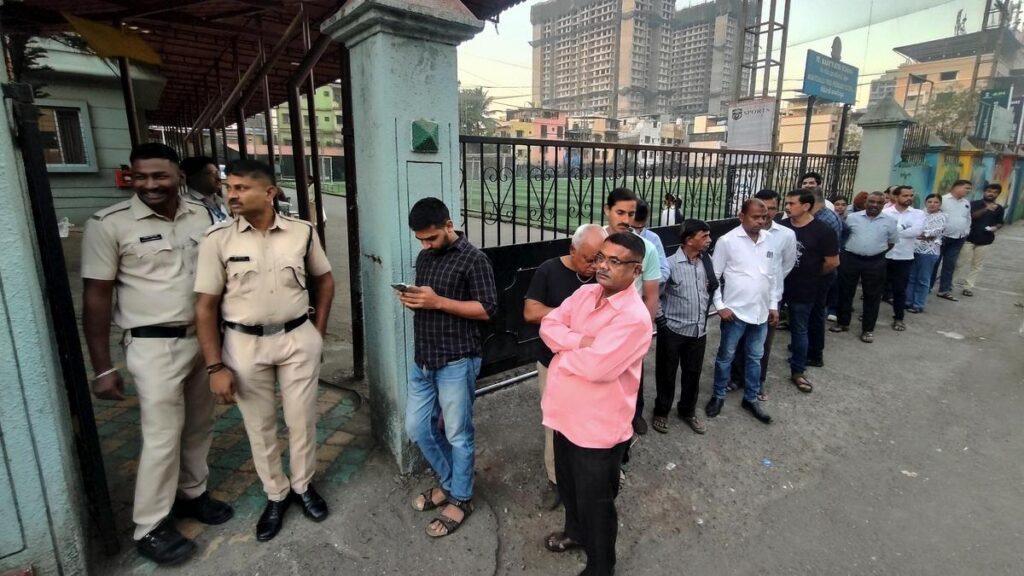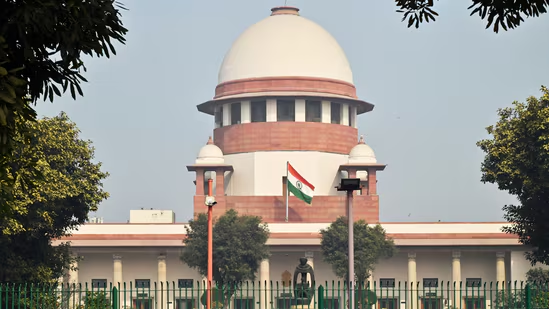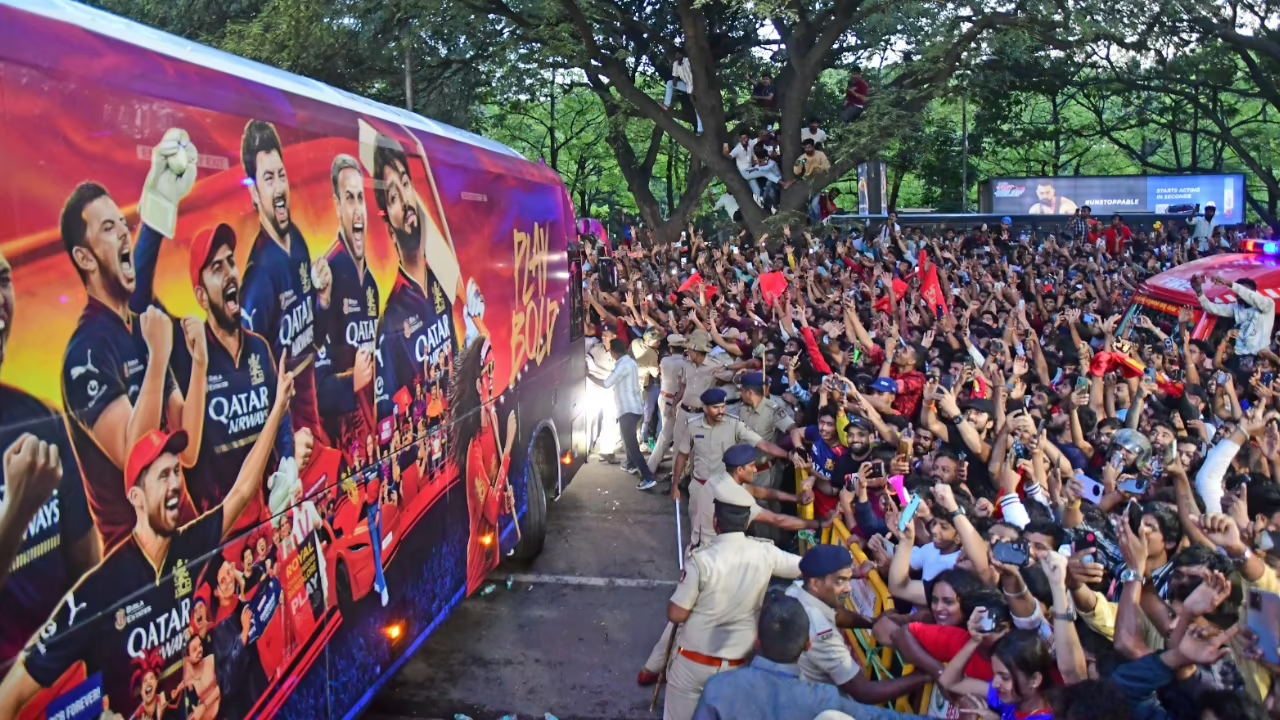Now Reading: Priyanka Chaturvedi Mimics Bilawal Bhutto: A Light Moment from a Serious Debate
-
01
Priyanka Chaturvedi Mimics Bilawal Bhutto: A Light Moment from a Serious Debate
Priyanka Chaturvedi Mimics Bilawal Bhutto: A Light Moment from a Serious Debate

In a moment that blended political commentary with unexpected humour, Shiv Sena (UBT) MP Priyanka Chaturvedi mimicked Pakistan’s Bilawal Bhutto during a recent media interaction. Her playful take on Bhutto’s much-talked-about “koun raat ke teen baje uthta hai?” remark added a brief moment of levity to a typically intense Indo-Pakistan narrative — sparking laughter both online and in the studio.
The Context: A Familiar Dig
The mimicry happened during a panel discussion where Priyanka Chaturvedi was addressing Pakistan’s repeated statements on India’s internal matters. When the subject of Bilawal Bhutto’s past press conferences came up, she playfully imitated his tone and phrasing — particularly the viral line: “Koun raat ke teen baje uthta hai?”
The imitation was met with surprise and amusement by the panel and viewers, quickly gaining traction on social media. Many saw it as a rare human moment in the world of sharp political debate.
Social Media Reacts
Clips of the incident circulated widely, especially on platforms like X (formerly Twitter) and Instagram, where users from Indian Tier 2 cities such as Indore, Nagpur, Jaipur, and Lucknow shared the video with a mix of humour and political commentary.
While some users applauded Chaturvedi for her wit, others cautioned that public figures should maintain a certain decorum, even when criticising rival leaders from across the border. The balance between satire and statesmanship remains a subject of debate.
A History of Verbal Sparring
This isn’t the first time Indo-Pak diplomatic tensions have produced viral one-liners. From fiery speeches at the UN to sarcastic soundbites during TV interviews, both sides have had their share of memorable moments.
Priyanka Chaturvedi’s mimicry is being seen by political analysts as part of a larger strategy where Indian politicians use relatability and casual humour to connect with the public, particularly younger audiences who consume politics in short, viral formats.
The Indian Political Style Shift
For many in smaller cities and towns, where political awareness often merges with entertainment, such moments play a role in shaping perceptions. Politicians increasingly appear on digital platforms, podcasts, and reels — where unscripted, relatable behaviour helps break formal barriers.
Chaturvedi’s moment may be light-hearted, but it highlights how public communication is evolving — from formal press notes to spontaneous, meme-worthy moments.
Conclusion
Priyanka Chaturvedi’s mimicry of Bilawal Bhutto may have lasted just a few seconds, but its ripple across newsrooms and social media reflects the changing tone of political engagement in India. As politics becomes more performative and accessible, moments like these continue to blur the line between seriousness and showmanship — especially in a nation where every statement can become a sensation overnight.

























